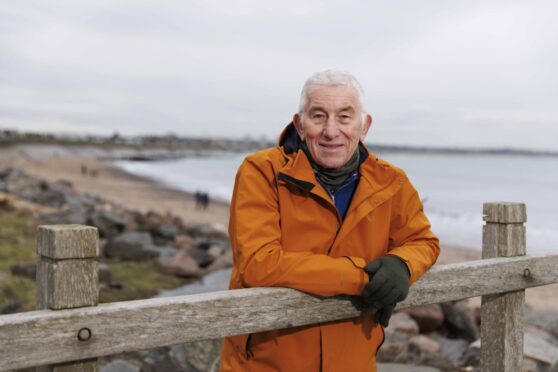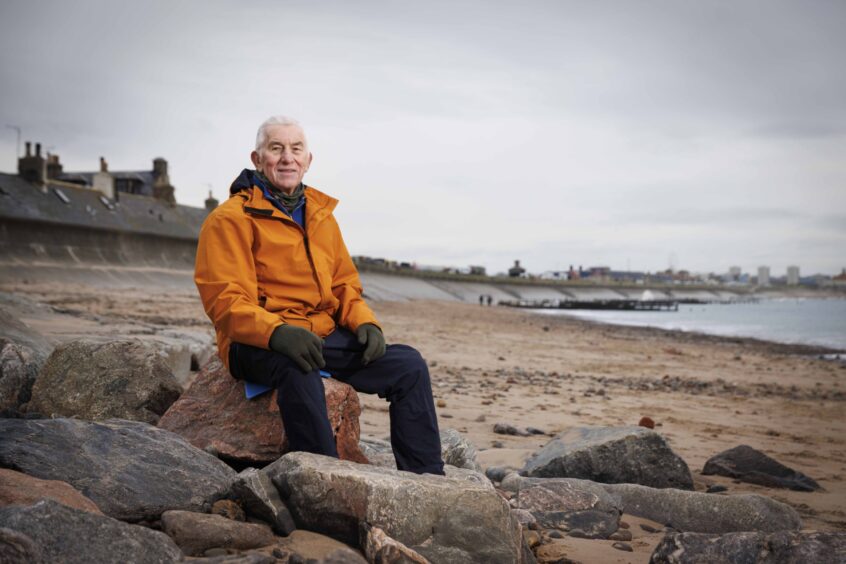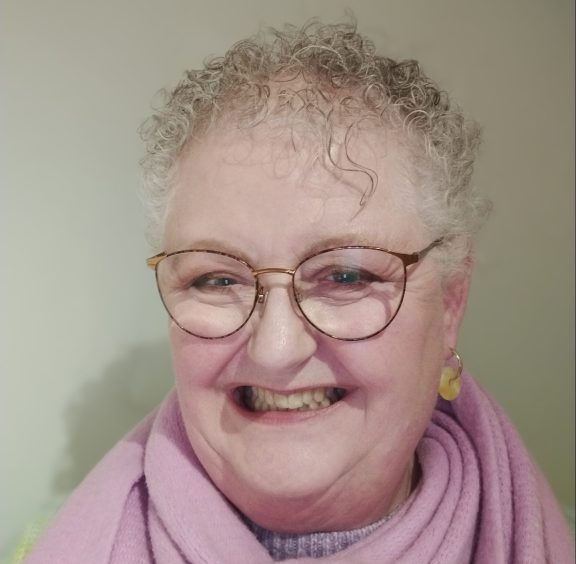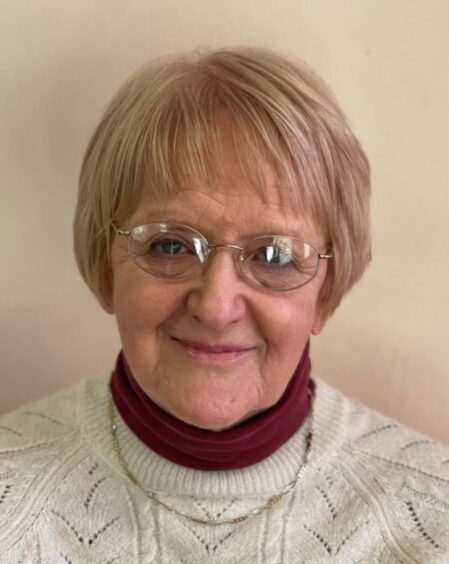
Like many older people during the Covid-19 pandemic, they were in search of company and mental stimulation.
The World Health Organisation describes loneliness as a public health crisis. The crisis saw TV icon Glen Michael join a Sunday Post campaign to end the scourge of loneliness.
But for one group of retirees, a chance arrived to tackle something none of them had tried before – academic research.
They signed up to be volunteer co-researchers with a university, working alongside academics and gathering and analysing data on the very thing they were experiencing themselves – how older people were living through the challenges of long and often lonely lockdowns.
Three years on, it has turned into much more than just something to do with their time. The co-researchers have learned new skills, authored research reports, presented at conferences and, along the way, found friendship and purpose.
University of Stirling social scientists and seven retired co-researchers worked on a series of three reports that explored the lived experiences of the pandemic in adults over 50 living across Scotland, part of its Healthy Ageing In Scotland (HAGIS) project.
As our older population continues to grow, the initiative is being used to help inform government and businesses about how health, financial and digital connectivity services can be improved for the over-50s.
The co-researchers are now authors and subject of a research paper – reflecting on and sharing their experiences – and with the aim of encouraging other older people to follow their lead, and for more academics to regularly work with volunteers.
Project was ‘a Godsend’
Widower Dave Curry joined the project after experiencing “a lot of loneliness” during the pandemic.
“I found I suddenly didn’t have the confidence to mix with others anymore,” he said. “When I heard about the HAGIS project and was given the chance to become an academic researcher, it was like a Godsend.
“A lot of our work is interviewing other people over 50 about the life challenges they are facing and it made me realise just what we have to offer in terms of work and life experience.
“We are now thinking about what research we might do next and are interested in how over-50s in Scotland can develop resilience against what is ahead of them, whether that is climate change, changes in the economy, technology or health.”
Professor Louise McCabe, a specialist in dementia and ageing with the University of Stirling’s Faculty of Social Sciences, works closely with the co-researchers.
She said: “Each brings particular skills to the table. The work they have been doing will help us be better prepared should the country ever face another pandemic.”
Age Scotland chief executive Katherine Crawford welcomed the scheme. She said: “Older people have contributed in countless ways throughout their lives and continue to do so, yet far too many spend their later years feeling unvalued and unheard.
“It’s extremely encouraging to hear that Stirling University academics recognised and valued the skills and potential that older people bring and that they took the innovative approach of recruiting older people as project researchers.”
She added: “We hope to see this positive trend continue.”
Margot’s story
For Margot Fairclough, becoming an academic co-researcher has changed her life.
She had just finished treatment for cancer when the first lockdown began in 2020. Then she shielded throughout the rest of the pandemic, as well as being a carer to an adult with autism.
Margot, 67, from Aberdeenshire, said: “I was feeling brain dead when I joined the group. I felt quite shaky about what I could contribute.
“But being part of this project has been a healing process and being involved with other people has brought me back to life.”
It has also brought Margot her own university degree. The experience of being back in academia motivated her to finish a degree in sociology which she had abandoned many years before. She proudly graduated from the University of Aberdeen in 2023.
Pat’s story
Pat Scrutton, who previously worked in community development, speaks for many in the group when she says: “I’m not very good at being retired.”
As well as being a co-researcher at the University of Stirling, Pat, 76, from Dunblane, now volunteers with research teams at the University of Dundee and Heriot-Watt University.
“I retired 15 years ago but I am not the sort of person who sits at home watching television,” she said. “I had never had an academic career before but I am getting so much out of being a co-researcher.
“The whole experience has enriched my life. It keeps me active and I have made lots of new friends.”
She added: “I would recommend getting involved in something like this as not only is it enjoyable but as a generation we still have a lot to offer, and can add a lot of value to existing academic projects.”
Ann’s story
Ann Smith, who is retired from her job as a procurement and contracts manager with energy giant SSE in Perth, signed up to be a volunteer researcher to “keep the grey matter going.”
Ann, 74, has been married for 55 years and has three sons and three grandchildren. She said: “I had started suffering with OCD which was triggered by the pandemic. I didn’t know what to do about it, but I thought keeping myself busy might help. Becoming part of the research group has helped greatly and interviewing people from my own generation about their own lives and changing needs has also been very rewarding.”
She also said it made sense for older people to interview other older people, adding: “We could empathise with the age group we were dealing with. We brought out more from them. That sets us apart from other research projects.”

Enjoy the convenience of having The Sunday Post delivered as a digital ePaper straight to your smartphone, tablet or computer.
Subscribe for only £5.49 a month and enjoy all the benefits of the printed paper as a digital replica.
Subscribe © Ross Johnston/Newsline media
© Ross Johnston/Newsline media © Supplied
© Supplied